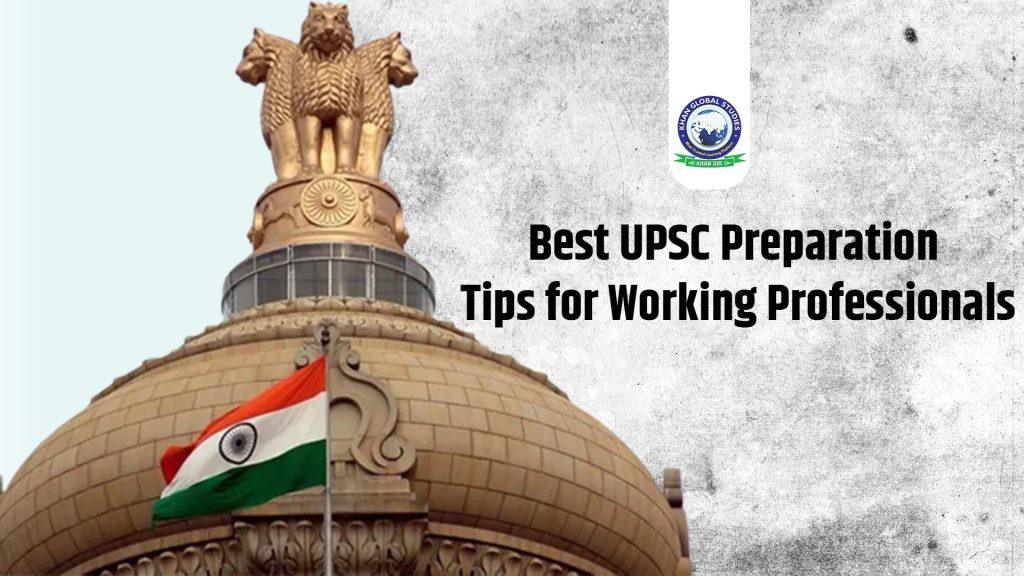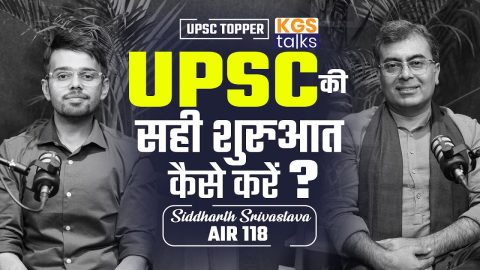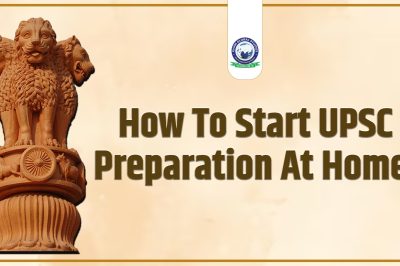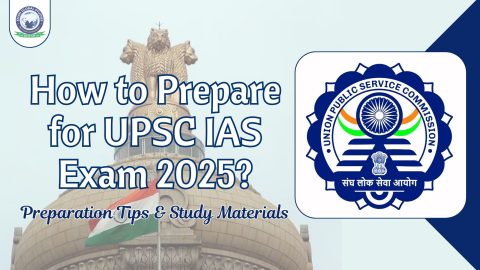
Starting the UPSC journey while maintaining a full-time job requires strategic planning and efficient use of resources. This comprehensive guide explains effective UPSC preparation tips for working professionals.
Importance of Effective Time Management
Working professionals often struggle with time constraints. Learn to create a realistic study schedule by prioritizing tasks based on importance and deadline. Efficient time management is the cornerstone of successful UPSC preparation.
Strategic Study Techniques for Optimal Learning
Quality is more important than quantity in UPSC preparation. Explore effective study techniques like active recall, mind mapping, and brief note-taking to optimize your learning process and retain information more effectively.
Weekend Warrior Mode: Maximizing the Weekend for Success
Weekends are precious for working professionals. Learn how to make the most of weekends by dedicating focused study sessions, revising on time and solving mock tests to assess your progress.
Leveraging Technology for Smart Learning
In the digital era, technology is a valued ally. Explore online resources, educational apps and UPSC preparation platforms that meet the unique needs of working professionals, offering flexibility and convenience.
Regular Mock Tests and Performance Analysis
Simulate exam situations by giving regular mock tests. Learn to analyze your performance, understand the exam pattern and improve your strategy accordingly. Mock tests help build confidence and identify weak areas.
Stay Updated with Current Affairs
Include daily news updates in your daily routine. Stay aware of current affairs as these play an important role in UPSC exams. Learn effective ways to seamlessly integrate current events into your study plan.
Prioritizing Health and Wellness
A healthy body and mind are necessary for effective study. Find tips for maintaining a balanced diet, incorporating regular exercise, and ensuring adequate sleep to increase focus and productivity.
Join Supportive Communities
Connect with fellow candidates facing similar challenges. Explore online forums, study groups, or coaching classes designed for working professionals to share experiences, gain insight, and provide mutual support.
Conclusion
Mastering UPSC preparation as a working professional requires a blend of dedication, smart strategies and effective time management. By following these tips, you can successfully face the challenges and get closer to your dream of becoming a civil servant.
FAQ (Frequently Asked Questions)
Q1: How can working professionals balance their jobs and UPSC preparation effectively?
Answer: Striking a balance between job and UPSC preparation requires careful planning. Allocate dedicated time to studies, prioritize tasks and maintain a realistic schedule.
Q2: Can online resources replace traditional study material for UPSC preparation?
Answer: Online resources complement traditional study materials. They provide flexibility, accessibility and real-time updates on current affairs, enhancing the overall learning experience.
Q3: Is it possible to clear UPSC by self-study while working full-time?
Answer: Yes, with effective time management and a disciplined study routine, many working professionals have successfully cracked UPSC through self-study.
Q4: How often should information be revised to retain it effectively?
Answer: Regular revision is necessary to retain knowledge. Aim for weekly revision and incorporate flashcards, mind maps and active recall techniques for better results.
Q5: Is there any special strategy for working professionals during the last month of UPSC preparation?
Answer: Focus on intensive revision, solve previous year papers, and give full-length mock tests to simulate exam conditions and enhance time management skills.







